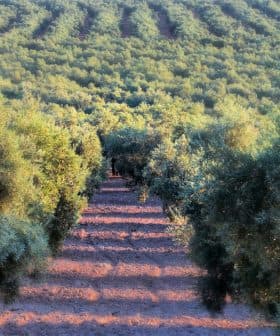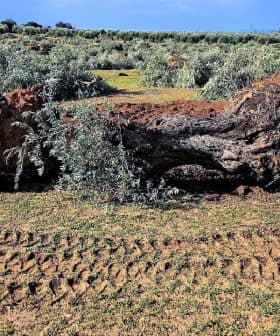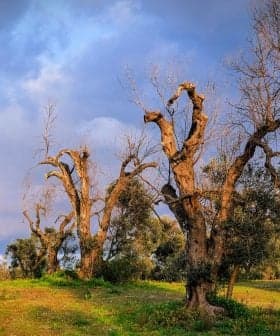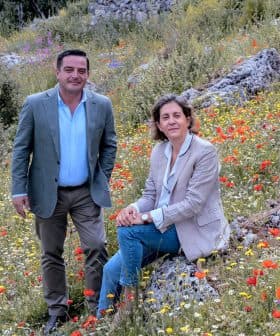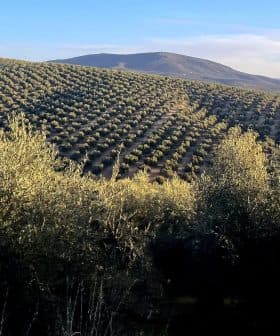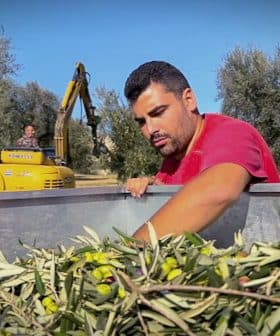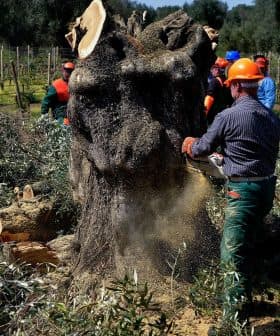Xylella Fastidiosa Threatens Andalusia
A deadly, fast-spreading bacteria that poses a lethal threat to olive trees has been detected on the Spanish mainland for the first time -- putting half of the world's olive oil supply at risk.
The deadly bacteria Xylella fastidiosa, which devastated olive trees in Italy last year, has now been found in almond orchards in Andalusia, the world’s largest olive oil producing region, posing a new threat to the industry. Scientists have confirmed the pathogen’s presence in almond trees in the Valencia region of Spain, prompting officials to destroy olive trees as a precaution and spray the area for insects that spread the disease.
A deadly bacteria that destroyed olive trees in Italy last year has now been detected in almond orchards in Andalusia — the world’s largest olive oil producing region — posing yet another challenge to the industry.
Scientists confirmed that the pathogen known as Xylella fastidiosa has infected almond trees in the Valencia region of Spain. At least so far, olive trees near the outbreak site have remained unaffected. Officials destroyed some 300 olive trees as a precaution and have sprayed the area for insects such as cicadas and spittlebugs that are known to spread the disease.
See Also:Complete Coverage of the Xylella Fastidiosa Outbreak
Xylella fastidiosa is deadly to olive trees, causing a profound drying effect that strips the plants of moisture and leaves trees looking as if they had been burned by fire. The strange and nightmarish result has led the disease to be called “olive tree leprosy” and the “Ebola of olive trees.”
The bacteria was first detected in Italian groves in 2013 and spread rapidly. Last year officials there destroyed more than 1 million olive trees in an attempt to arrest the spread of the bacteria.
Spanish officials say they first spotted Xylella fastidiosa in their nation in cherry trees on the island of Mallorca. But in June, scientists found the pathogen on the mainland for the first time — in almond trees in the massive olive-producing region of Valencia.
Spain produces roughly half of the world’s supply of olive oil. As recently as last April, extensive testing in Andalusia revealed no sign of the disease and officials declared the region “Xylella-free.”
There is no known cure for the Xylella fastidiosa infection.
The European Union has called Xylella fastidiosa one of the most dangerous plant pathogens on earth, with the ability to destroy multiple crops in rapid fashion.
Xylella fastidiosa is believed to have originated in the Americas. One strain of the bacteria has attacked almond and pecan trees in California and the southern U.S.
Fighting the disease in Europe has proven difficult. When authorities destroyed trees in Italy in an attempt to halt the spread of the bacteria, it prompted a backlash from local activists. One local prosecutor launched a criminal investigation into the scientists involved in the tree culling. Scientists’ computers and records were seized.
Shortly after that investigation began, the European Commission opened an infringement procedure — an inquiry into whether a member state had failed to adhere to European Union laws — alleging that Italy had failed to carry out containment measures quickly enough.
Adding to fears among agricultural officials is that, X. fastidiosa fastidiosa, a subset of Xylella fastidiosa native to Central America, was recently detected in Mallorca.


